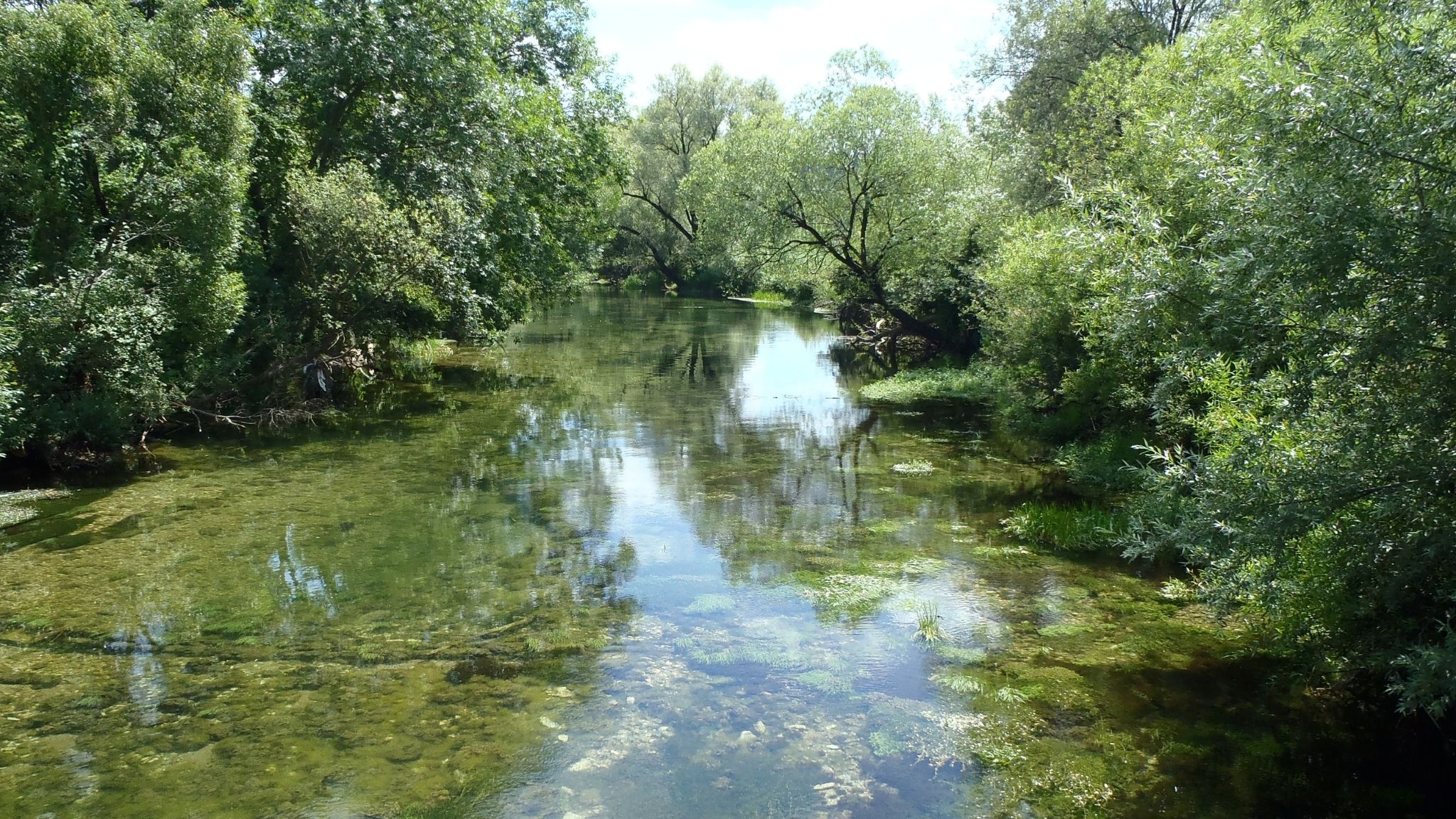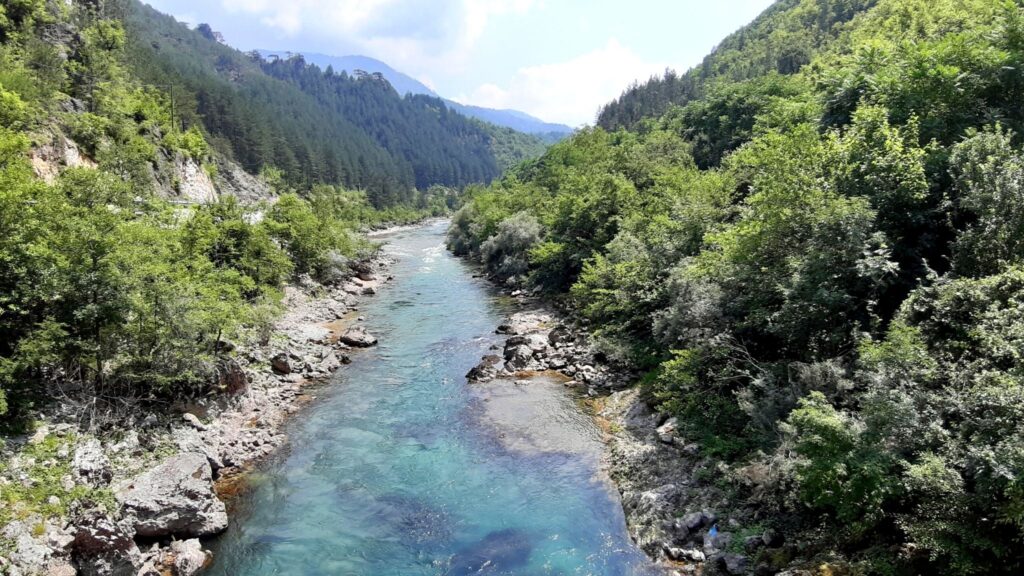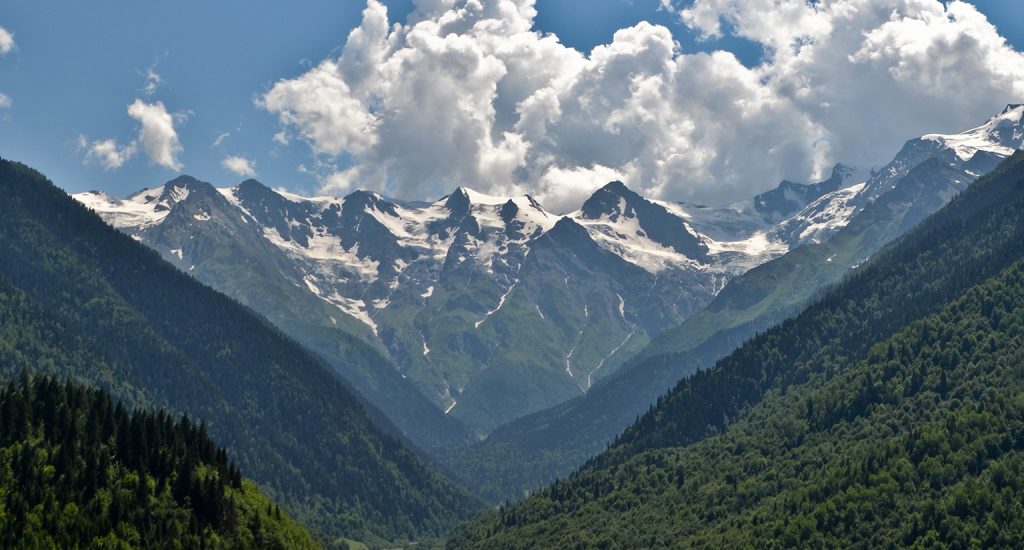The countries of the Energy Community Treaty have diverse energy mixes, but hydropower has traditionally played a strong role in many of them. Albania is almost completely reliant on dams for its domestic electricity generation, followed by Georgia with an average of 80 per cent of electricity generated by hydropower and Montenegro with an average of 55 per cent.

Stay informed
We closely follow international public finance and bring critical updates from the ground.
Background
The countries of the Energy Community Treaty have diverse energy mixes, but hydropower has traditionally played a strong role in many of them. Albania is almost completely reliant on dams for its domestic electricity generation, followed by Georgia with an average of 80 per cent of electricity generated by hydropower and Montenegro with an average of 55 per cent.
But what started as a strength is becoming a liability. More and more erratic rainfall is exposing how vulnerable hydropower is to climate change, while its damaging impacts on biodiversity, groundwater and sediment transportation are becoming better understood.
This has not stopped decision-makers’ zealous plans to develop the sector, including in countries like Ukraine hydropower has not traditionally played a major role. Decades-old projects are still being pushed against all economic and environmental logic, while a rash of small hydropower plants driven by feed-in tariff schemes has destroyed rivers and streams across southeast Europe.
The good news is that there are alternatives, with lower costs for the environment and also, increasingly, for the public purse, and that resistance to the unnecessary destruction of life-giving rivers is increasing day by day.
IN FOCUS
Latest news
Kambarata hydropower project: greater scrutiny from international banks is needed
Blog entry | 19 December, 2025Kyrgyzstan is promoting the massive 1,860 MW Kambarata-1 Hydropower Plant (HPP) as a solution to its ongoing energy crisis. The project, a joint effort with Uzbekistan and Kazakhstan on Naryn River, is actively seeking funding from international financial institutions like the World Bank, the European Bank for Reconstruction and Development (EBRD) and the European Investment Bank (EIB).
Read moreAlbania’s Skavica dam can’t get off the ground – time to finally cancel it!
Blog entry | 24 November, 2025The highly damaging hydropower project could hardly have had stronger political support at its inception, with the country’s parliament passing a special law in 2021 to appoint U.S. construction giant Bechtel as the main contractor. But four years later, the project has stagnated, with no environmental permit and no financing.
Read moreRomania’s Parliament paves the way for environmental destruction and ‘foreign agent’ repression
Blog entry | 20 October, 2025Romania stands at a dangerous crossroads. Last week, a law initiated by the senator Daniel Zamfir in 2022 and already then rejected by the Senate, passed by a crushing majority (262–33) in the decisive Deputies Chamber.
Read moreRelated publications
Sustainability criteria for small and large hydropower plants
Briefing | 10 May, 2013 | Download PDFIn recent years the EBRD has increased its funding for hydropower plants (HPPs) of all sizes. While small hydropower plants are seen by many as a far safer technology than large hydropower plants, they too can cause interruptions in river flows, loss of biodiversity and the degradation of habitats, disruptions for migrating fish and a lack of water for irrigation and drinking in downstream communities. The updated EBRD Environmental and Social Policy should include safeguards to ensure that small HPPs are truly sustainable.
Comments on biodiversity management plan and ecological assessment for Ombla hydropower plant, Croatia
Policy comments | 19 April, 2013 | Download PDFCroatian electricity company HEP, carried out an assessment of the planned Ombla hydropower plant’s impact on the Vilina Cave – Ombla Spring protected area. This assessment confirms that the site in question is among the most diverse such habitats in the country and that the construction of the power plant would have irreversible and long-lasting impacts on an area that set for protection as part of Croatia’s future Natura 2000 network.
A Partnership of unequals – Electricity exports from the eastern neighbourhood and western Balkans
Study | 7 June, 2012 | Download PDFCooperation in the energy sector is one of the European Union’s key priorities in its relationships with neighbouring states. Although the promotion of energy efficiency, energy savings and the use of renewable energy sources should be the primary areas of cooperation along with “energy security”, the latter receives the lion’s share of attention and in several cases also a disproportionally large amount of financial support. This can have several negative environmental and social implications as this study shows.




